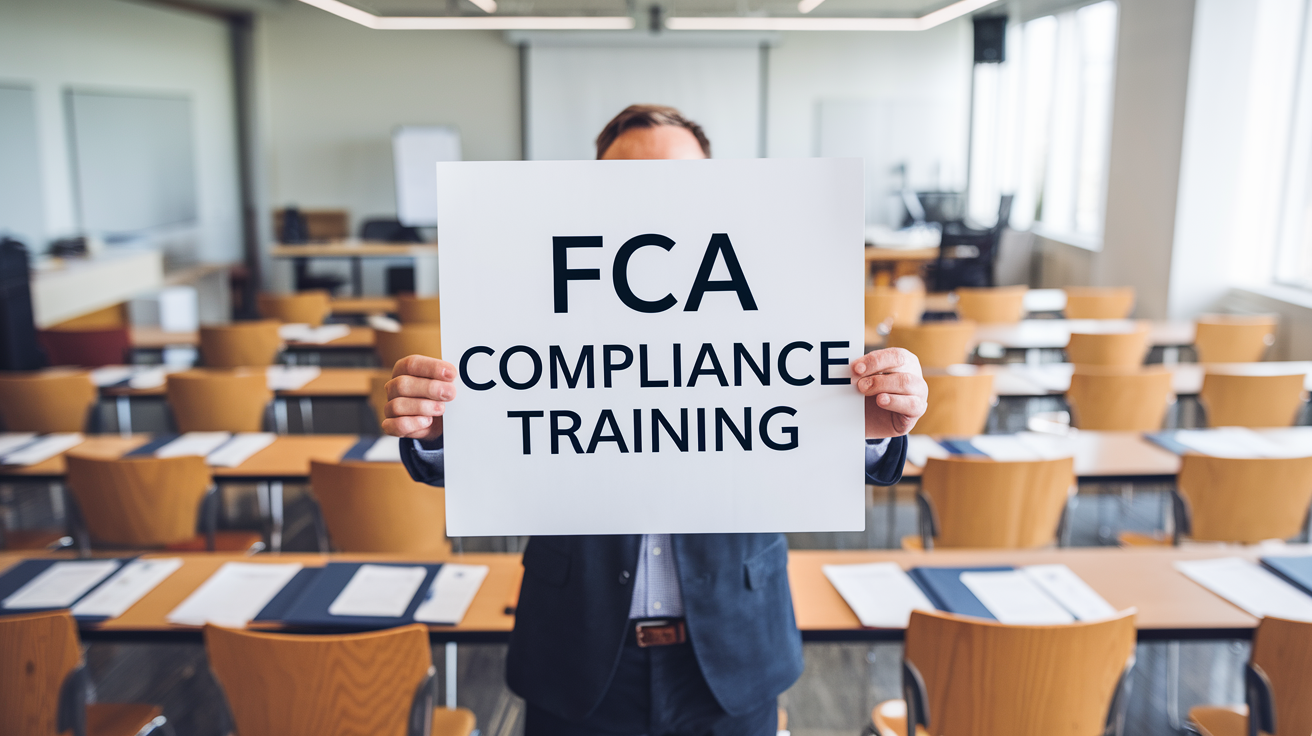
Introduction
FCA compliance is critical for the financial industry. The FCA sets standards designed to ensure firms operate fairly and transparently. This FCA Compliance training is essential for firms to avoid hefty penalties and to promote ethical practices.
-
Understanding FCA Regulations
1.1 What is FCA?
The FCA is a regulatory body responsible for overseeing financial firms and protecting consumers. Founded to ensure ethical practices, it influences various sectors within the financial services industry.
1.2 Key FCA Principles
FCA’s principles focus on consumer protection and market stability. Understanding these principles helps firms develop practices that align with their regulatory obligations.
-
The Importance of Compliance Training
2.1 Risks of Non-Compliance
Non-compliance can result in significant penalties and loss of licence. It is crucial that firms understand these risks and ensure their staff are well-informed to mitigate them.
2.2 Building a Compliance Culture
Training can instil a robust compliance culture, where employees feel accountable for their actions, leading to improved ethical standards within the workplace.
-
Core Components of FCA Compliance Training
3.1 Regulatory Framework
Familiarising employees with regulations helps them understand their implications. For example, MiFID II requires enhanced transparency in trading activities, which directly affects how firms handle client information.
3.2 Responsibilities of Employees
Every employee plays a role in compliance. Knowing one’s responsibilities ensures accountability and promotes adherence to FCA standards.
3.3 Reporting and Accountability
Employees must know how to report non-compliance issues. Creating clear channels fosters accountability and helps organisations manage risks effectively.
-
Developing an Effective Training Programme
4.1 Needs Assessment
Assessing employees’ knowledge can tailor training programmes effectively. Surveys can identify specific areas where additional training is needed.
4.2 Training Methods and Resources
Utilising diverse training methods, including e-learning platforms, can enhance engagement and retention. Access to FCA guidelines and case studies facilitates deeper learning.
4.3 Evaluation and Feedback
Regular evaluations are essential to gauge training effectiveness. The feedback can be used to adapt training models and keep them relevant.
-
Monitoring Compliance and Continuous Improvement
5.1 Internal Audits
Conducting audits helps identify gaps in compliance and areas for improvement. A strong audit system can reinforce the importance of compliance.
5.2 Staying Updated
It’s crucial for firms to keep their training aligned with the latest regulatory changes. Ongoing professional development can help employees stay informed.
Conclusion
FCA compliance training is not just about meeting minimum standards; it is about cultivating a culture of integrity and safeguarding the firm’s future. Through effective training, firms can equip their employees with the necessary tools to navigate the complex regulatory landscape.
To Contact Us
Tel; UK 0800 689 0190, International +44 207 097 1434
Email: info@complianceconsultant.org
Or Book A Discovery Call with us by clicking the picture below!
You may also find these posts of interest
FCA Risk Assessment and Management
Importance of Compliance Training
Training Program Development
Evaluating Training Effectiveness

